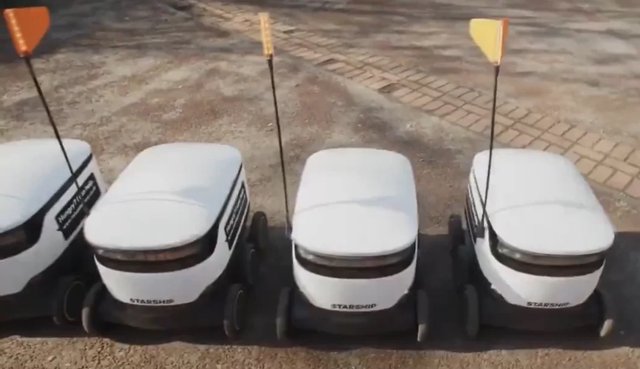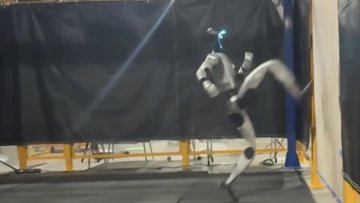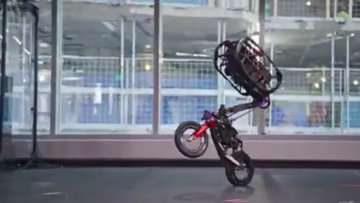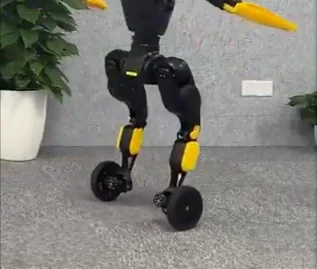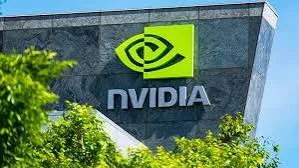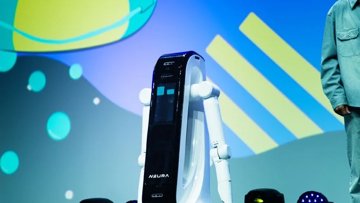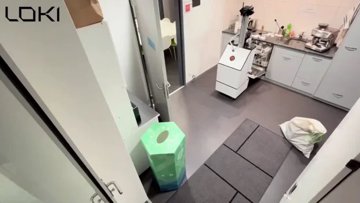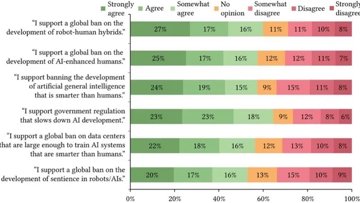Just when you thought your beloved burrito’s journey couldn’t get any further from human touch, or perhaps, any more delightfully devoid of awkward small talk with a delivery driver, Uber Technologies, Inc. and Starship Technologies, Inc. have rolled out a partnership that’s set to revolutionise the last mile – one pavement-pounding robot at a time. This isn’t another limited pilot programme in a postcode you’ve never heard of; it’s a multi-continental rollout kicking off in Leeds, UK, this December, before expanding across Europe in 2026 and hitting the U.S. by 2027. The deal plugs Starship’s formidable army of thousands of seasoned delivery bots directly into the Uber Eats platform.
Starship isn’t new to this particular rodeo. While other companies are busy showing off flashy bipedal robots that can almost open a door (eventually), Starship’s fleet has already completed over nine million deliveries and navigated millions of miles on public pavements. The initial Leeds deployment will feature Level 4 autonomous robots—meaning they mostly fend for themselves, bless ’em—handling deliveries under 30 minutes within a two-mile radius. With a current fleet of over 2,700 robots that have successfully made approximately 200 million road crossings, Starship’s seasoned expertise isn’t just a tasty morsel; it’s the entire gourmet banquet, served with a side of unwavering reliability.
Why This Is More Than Just a Robot Frolic
This partnership signals a significant maturation point for autonomous delivery. It’s a decisive stride from speculative tech demos to large-scale, practical logistics. By integrating with Uber’s colossal platform, Starship gains access to a truly massive customer base, while Uber gets a proven, scalable, and—most critically—affordable solution for that notoriously expensive final stretch, the last mile. While the industry burns through cash on moonshot projects that often feel like they’re powered by hopes and dreams, this collaboration is a shrewd bet on boring, efficient, pavement-crawling profitability. It’s a quiet, yet utterly profound, declaration that the future of local delivery might not be flying drones or humanoid couriers with existential dread, but an army of unassuming, six-wheeled robots that simply get the job done, no fuss, no muss.
